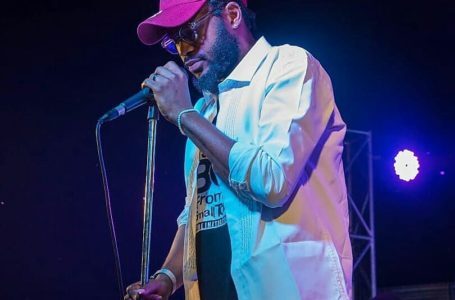Lagos, July 1, 2024 — A harrowing wave of sexual assault allegations has surfaced at the University of Lagos’ (UNILAG) College of Medicine, sparking outrage among students and calls for immediate reform. The incidents, brought to light through social media and student testimonies, highlight a deeply troubling culture of impunity and inadequate response from the university’s administration.
The Catalyst: Social Media Revelations
On June 30, 2024, a user identified as @Theariaspeaks on X (formerly Twitter) shared a series of anonymous accounts detailing sexual assaults at UNILAG’s College of Medicine. These posts unveiled a pattern of misconduct by several male students and the institution’s failure to hold perpetrators accountable, igniting the hashtag #EndSACultureInCMUL.
March 2024: The Case of Oluwagbemileke Otokiti
One of the accused, Oluwagbemileke Otokiti, a 200-level pharmacy student, was publicly accused of assaulting a female medicine and surgery student. The victim detailed how Otokiti assaulted her on March 10, 2024, during a study session, persistently making inappropriate advances despite her clear discomfort. Initially reported to the student legislative council, known as the House of Lords, Otokiti faced minimal consequences: a ₦5000 fine, a requirement to write an apology letter, and the need to find a guarantor.
The victim revealed that Otokiti had a history of similar behavior, having previously harassed her during their first year. Despite his past, the repercussions were merely a slap on the wrist, allowing him to continue his studies and participate in university events, much to the distress of his victims.
June 2024: New Allegations Surface
The situation escalated when another student, Samuel Adigwe, was accused of assaulting a female radiography student on June 26, 2024. According to reports, Samuel inappropriately touched the victim while she slept in a study room. Despite her immediate protest and confrontation, Samuel dismissed his actions as “mutual.” The House of Lords launched an investigation, but the lack of immediate, tangible action raised further concerns about the university’s commitment to addressing such issues.
A Repeat Offender: Chibueze Nwammah
Chibueze Nwammah, a 600-level medical student, was also implicated. Allegations against him revealed a pattern of sexual misconduct involving over thirty female students. Despite a petition signed by fifty-four individuals and an investigation by the university, no significant action was taken. Nwammah’s continued presence on campus underscored a systemic failure to protect students from repeat offenders.
Institutional Failures and Student Protests
The university administration’s response to these allegations has been widely criticized. Policies allowing offenders to escape with minimal fines and vague warnings have done little to deter such behavior. The university’s reliance on indemnity forms to gag students from protesting under threat of expulsion has further exacerbated the issue, preventing victims from seeking justice.
In the wake of these revelations, students have taken to social media and organized protests demanding stricter penalties for sexual assault and greater accountability from the university. Organizations like Lagos State Domestic and Sexual Violence Agency (DVSA) and Stand to End Rape (STER) have also joined the cause, advocating for systemic changes to protect students.
Moving Forward: Demands for Change
The exposed cases at UNILAG’s College of Medicine are a stark reminder of the pervasive issue of sexual assault in educational institutions and the urgent need for reform. Students and activists are calling for comprehensive measures, including expulsion for offenders, public accountability, and support systems for victims.
As this developing story unfolds, it remains critical for the university to take decisive action to restore trust and ensure a safe learning environment for all students. The spotlight is now on UNILAG to demonstrate its commitment to justice and student welfare by addressing these grave issues with the seriousness they deserve.










